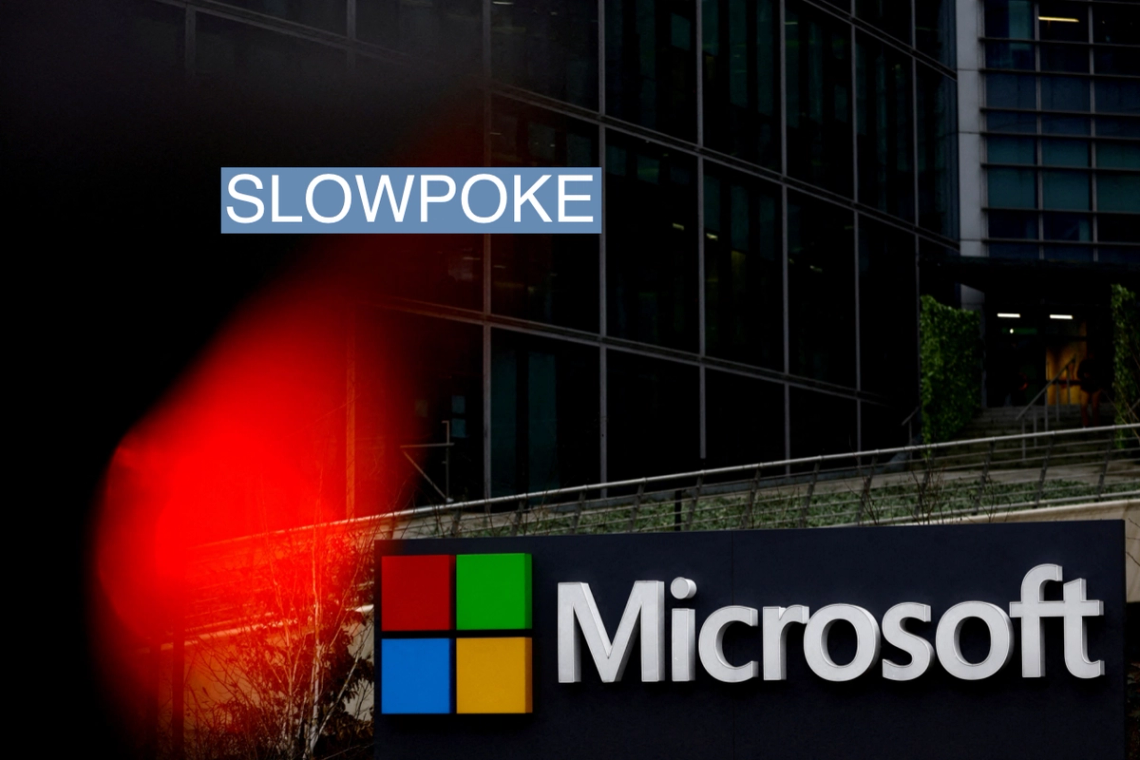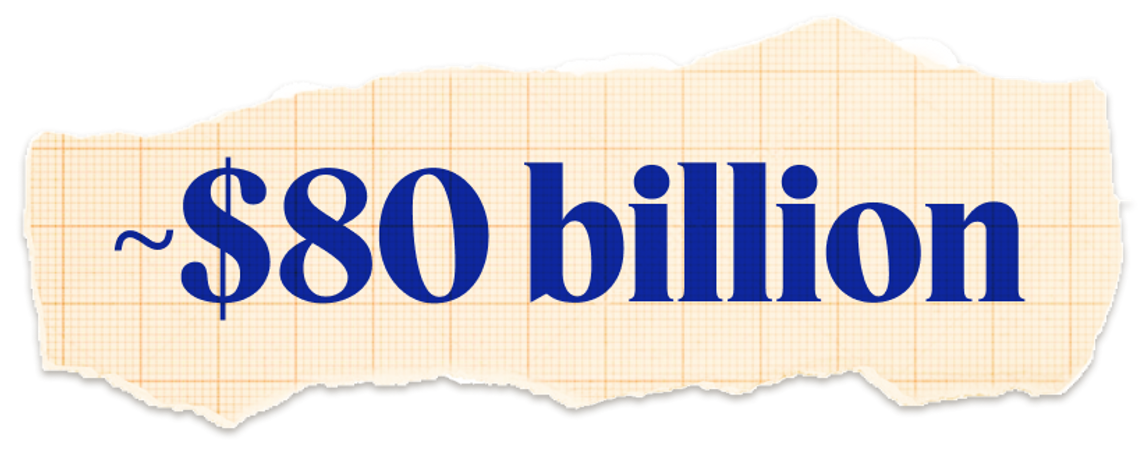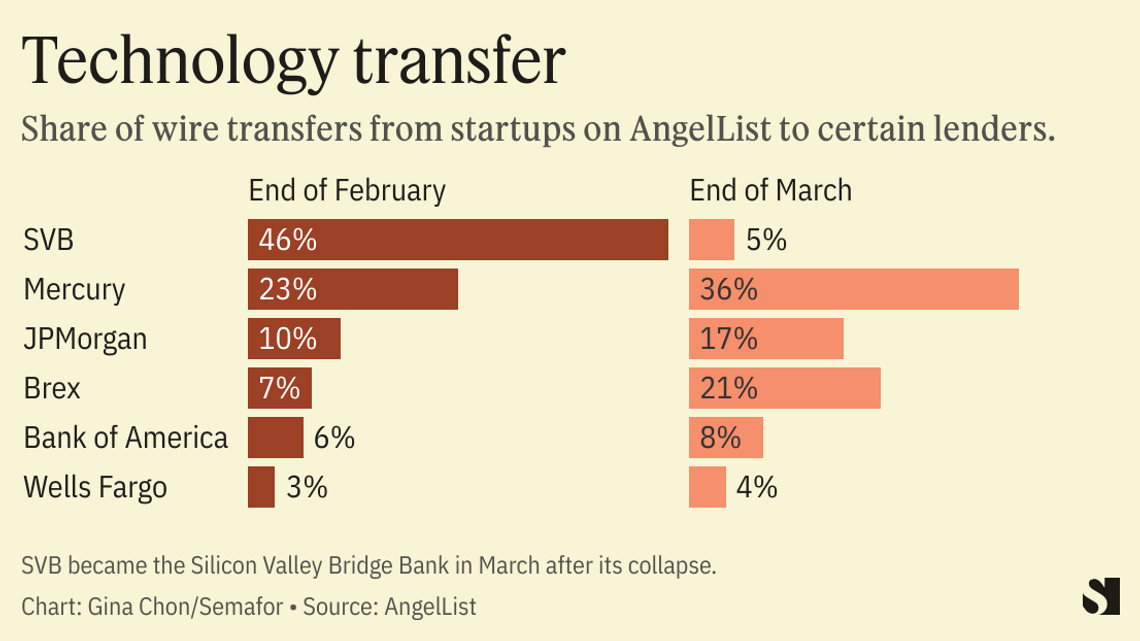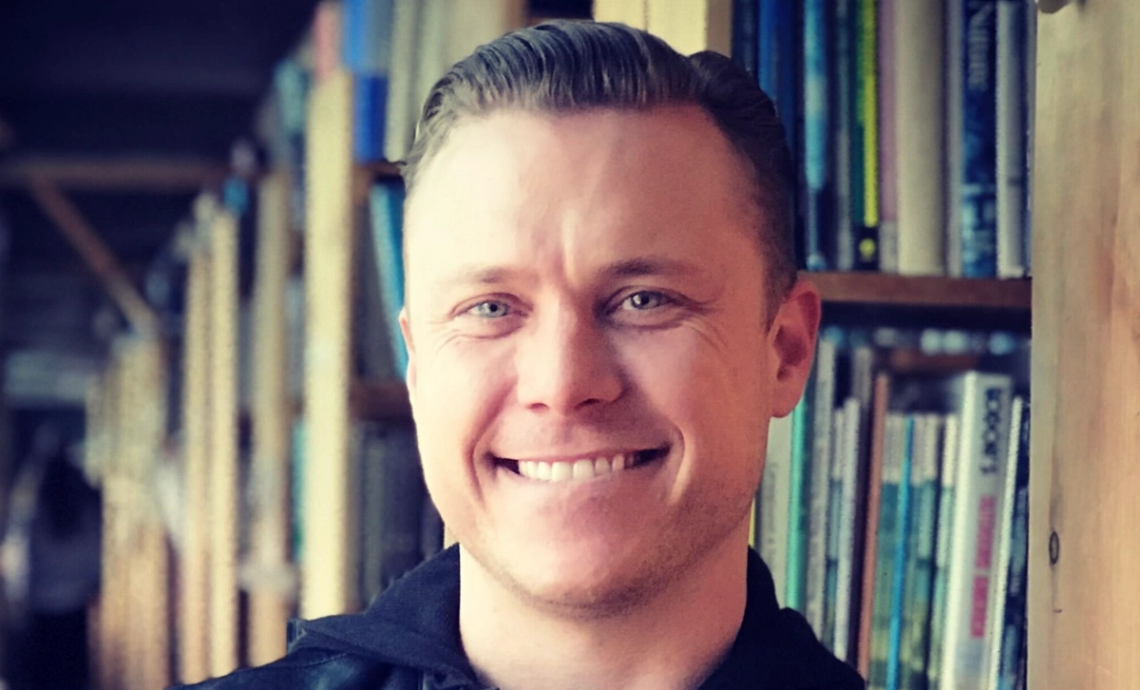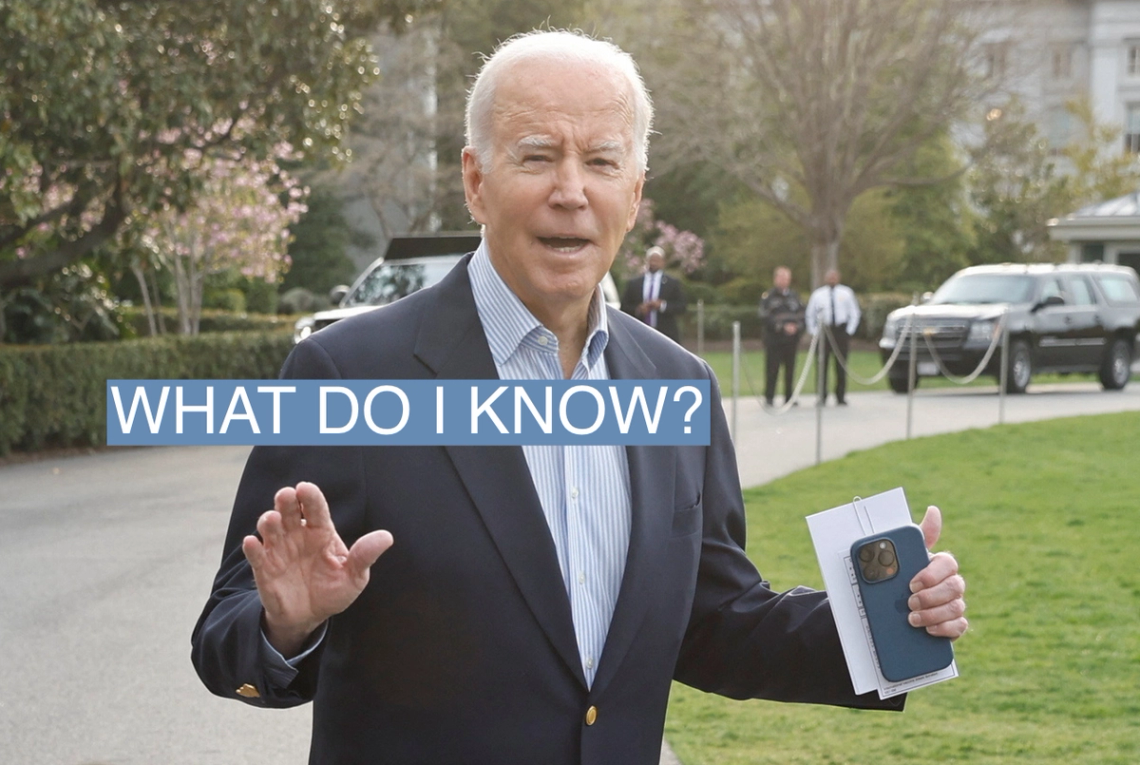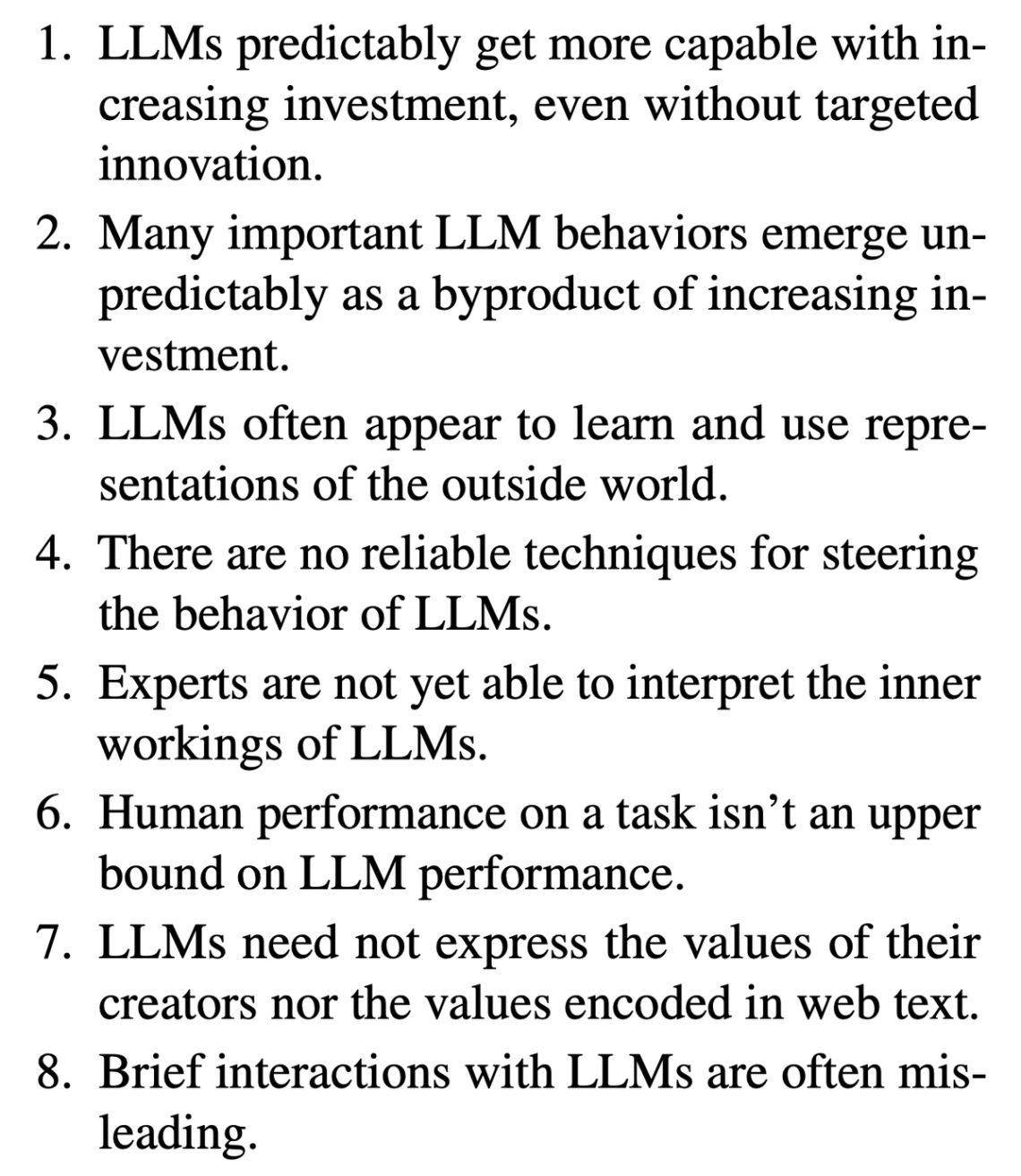THE SCENE TAIPEI — In March 2020, Nicolas Roussy Newton, co-founder of the quantum security startup BTQ, found himself stuck in Taiwan during a work trip from Vancouver. The island had shuttered its borders to prevent the spread of COVID-19, and he ended up spending several months in the capital city. Three years later, Newton now lives in Taipei full-time, and he recently opened a BTQ office branch in the central Zhongzheng district near several government ministries. “It’s just a remarkable research ecosystem, it’s a great place to be based in Asia,” Newton said. “We’re fully committed to Taipei long term.” Since 2018, around 6,500 people, including Newton, have been able to settle in Taiwan by applying for the Taiwan Employment Gold Card, a flexible work and residence permit designed for highly-skilled professionals. It has helped make Taiwan into a regional tech hub known not just for hardware firms like TSMC and Foxconn, but also areas like artificial intelligence development. At a hot pot restaurant near Taipei’s trendy Da’an neighborhood, an AI researcher at a major U.S. tech company told me he had also been granted a gold card and was spending a few months working from Taipei this year while learning Chinese. The researcher, who asked to remain anonymous because his managers weren’t aware he was in another country, said it took about two months for the visa to be approved and he was able to pick it up once he landed in Taipei. We were joined for dinner by another software engineer who had recently been laid off from a tech company in San Francisco, who was using part of his severance to pay for Mandarin classes at Taiwan National University. His gold card application was still pending. Taiwan’s international reputation is defined by its perilous relationship with China, which claims ownership of the territory and has ramped up military drills in its surrounding waters. Tensions are escalating in part due to worsening relations between the U.S. and Beijing. China warned last week it would “fight back” after House Speaker Kevin McCarthy announced he was meeting Taiwanese President Tsai Ing-wen in California today. But the threat of a possible Chinese invasion hasn’t stopped startup founders, tech workers, and researchers from moving to Taipei, attracted by the capital’s world-class universities, relatively low cost of living, and vibrant cultural and food scenes. “I came right before the Nancy Pelosi visit, and it was just absolutely wild to see the difference between what was being reported in Western media and what I was experiencing on the ground,” said research analyst Ai-Men Lau, referring to when the previous House speaker met with Tsai in Taiwan last year. Lau relocated to Taipei from Canada to work for the non-profit Doublethink Lab, where she studies online Chinese state disinformation. 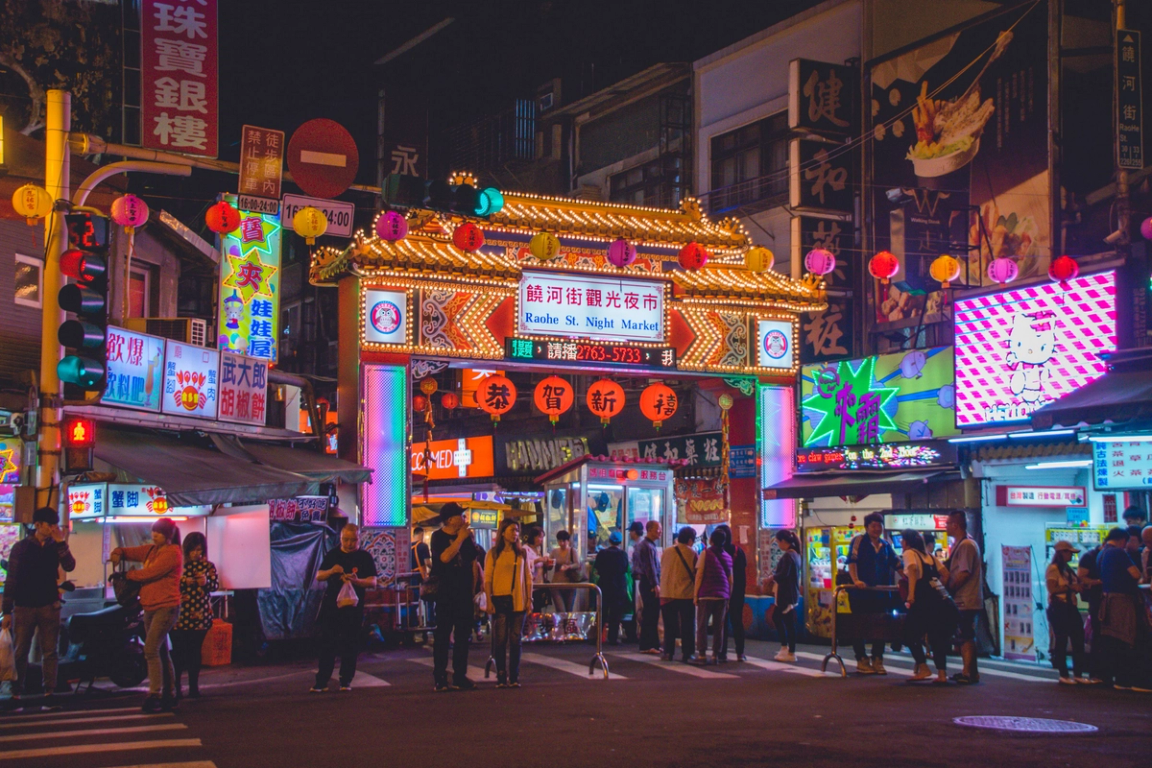 Unsplash/Vernon Raineil Cenzon Unsplash/Vernon Raineil CenzonKNOW MORE A confluence of factors have helped elevate Taiwan’s status on the world stage over the last few years. The territory was widely lauded for its early and effective response to the pandemic, led in part by Minister of Digital Affairs Audrey Tang, who promoted initiatives like an app that tracked the availability of masks in nearby pharmacies. Tang helped paint Taiwan as having a sophisticated tech-powered government. The island has also received more in-depth coverage from publications like The Washington Post and The New York Times, which relocated several correspondents to Taiwan after they were expelled from China in 2020. It was “this Taiwanese soft power boom,” said Shazeda Ahmed, a postdoctoral researcher at Princeton University studying tech policy in China and other parts of the world. Ahmed applied for a gold card in 2021 after hearing about the program through friends, and now splits her time between Taipei and the U.S. She said she has been impressed by the level of diversity in the city, especially compared to other Asian capitals like Seoul and Tokyo. One of the most important things drawing people to Taiwan is its tolerance for free expression. In 2014, Brian Hioe helped start New Bloom, an online magazine covering youth politics in Taiwan that grew out of his involvement in the Sunflower Movement, which advocated against closer economic ties between Taiwan and China. “There was an activist and artistic scene which was very particular to the city and didn’t exist elsewhere,” said Hioe, who was raised in New York. LOUISE’S VIEW Taiwan’s gold program is part of a larger government plan to recruit 400,000 white-collar workers to the island over the next decade as its population ages and birth rate declines. Many countries around the world are struggling with similar demographic challenges, but I was impressed by Taiwan’s decision to use immigration to help solve them. The people I spoke to in Taipei had their gold cards approved in as little as two months, and were required to pay a few hundred dollars at the most to have them processed. In contrast, getting an H-1B visa in the U.S. is an arduous, anxiety-ridden process that typically costs employers thousands of dollars. ROOM FOR DISAGREEMENT Not everyone is happy with Taiwan’s gold card program. A survey conducted by the Taiwanese government last fall found that around 16% of recipients wound up leaving the island, sometimes because of low local salaries, CommonWealth Magazine reported. The majority of immigrants who come to Taiwan are migrant workers from Southeast Asia, who often face discrimination and have few legal protections. “I worked from 5 a.m. to 10 p.m. every day,” a domestic caretaker from the Philippines told the Hong Kong Free Press. “Even during the night they expected me to wake up every hour to check on the grandma.” NOTABLE - The Taiwanese government is paying up to half a million people 5,000 New Taiwan dollars ($164) to visit the island this year as part of a government initiative to boost tourism, the South China Morning Post reported.
- The New York Times updated its travel guide to Taipei for the first time in a decade last month with recommendations from Clarissa Wei, author of the highly anticipated new cookbook Made in Taiwan.
- Hioe’s magazine New Bloom has extensively covered the problems and injustices faced by migrant workers in Taiwan.
| 

